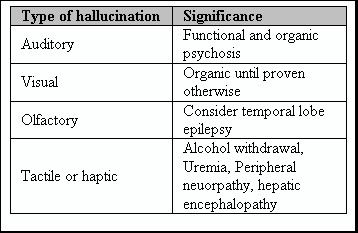STAKEHOLDERS
STAKEHOLDERS Stakeholders are individuals, groups, or entities that have an interest, concern, or investment in a particular issue, project, organization, or system. In various contexts, stakeholders can influence, be affected by, or impact the outcomes of the situation. Identifying and understanding stakeholders is crucial for effective decision-making, collaboration, and managing relationships in different fields. Here are some examples of stakeholders in different contexts: Business and Corporate Context : Shareholders : Individuals or entities that own shares in a company and have a financial interest in its performance and profitability. Customers : People who purchase products or services from a business and contribute to its revenue. Employees : Workers who are part of the organization and contribute to its functioning. Suppliers : Entities that provide materials, goods, or services necessary for the organization's operations. Investors : Individuals or institutions that pr

